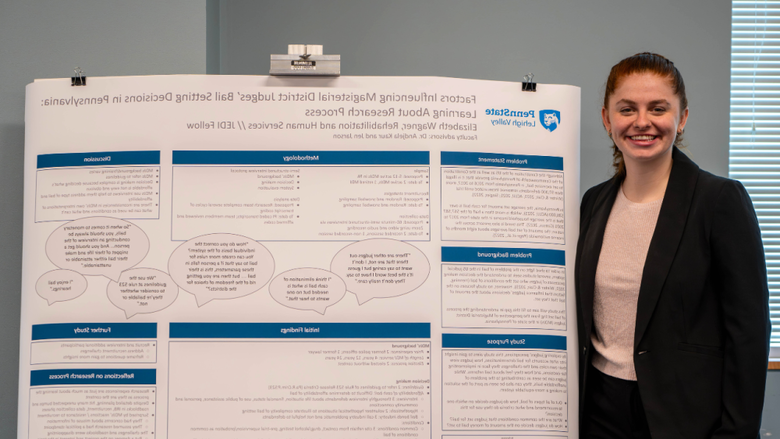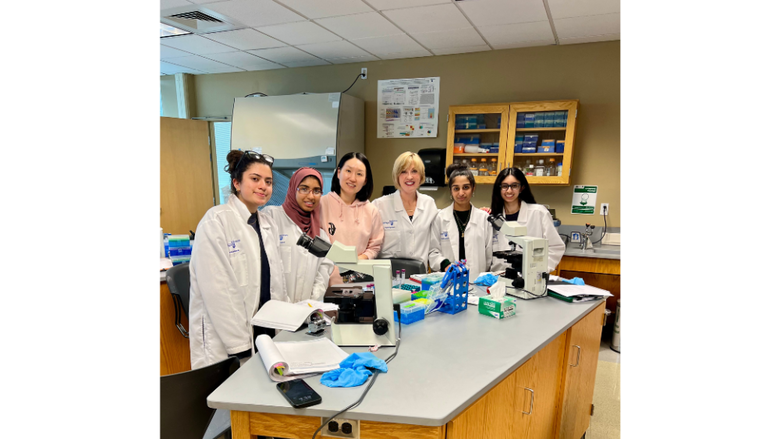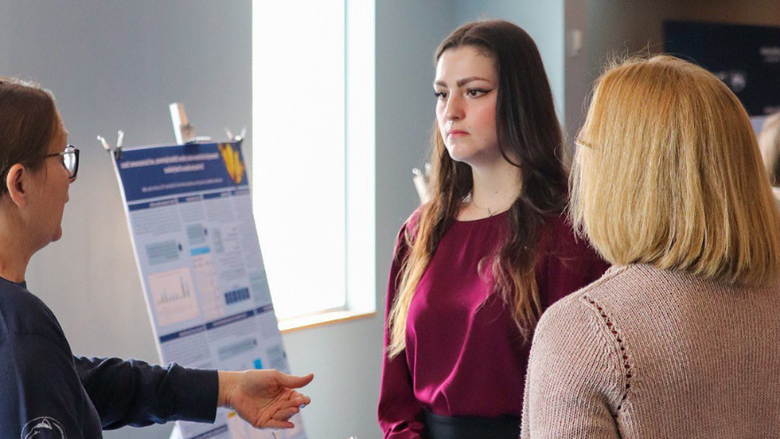
David Livert, professor of psychology at Penn State Lehigh Valley, focused on social contact in the commercial kitchen as the subject of his graduate dissertation.
CENTER VALLEY, Pa. — As a graduate student in social psychology at the City University of New York, David Livert had a very specific research interest: social contact, and how an assembly of virtual strangers come together to achieve a particular goal. His focus? The commercial kitchen.
“For my dissertation, I studied a group of students at the Culinary Institute of America (CIA),” said Livert, who is now a professor of psychology at Penn State Lehigh Valley. “My interest was in their group dynamics. I studied them from the moment they arrived until six months later when they went on their externships. I was initially interested in studying any situation in which a group comes together. Thankfully, someone turned me on to the idea of chef students. A lot of the subsequent work I’ve done has been at the CIA.”
Livert is admittedly not a “foodie” or interested in experimenting with sophisticated recipes. Rather, it’s the behavior of preparing food — from choosing fresh produce to plating entrees — that intrigued him. There is more science behind the entire process than most of us realize, he said. His interest has led him to publish a new book, titled "A Psychology of Food, Cooks, Cooking."
“There has been a lot of work in the consumption of food, but I’m actually more focused on the behavior around cooking, which is a very old and influential behavior," he said. "There are some arguments to the effect that cooking has made us human. Cooking changes the nutritional value of whatever you’re cooking — it makes it tastier. Once humans learned about fire and how to cook, that provided a lot more time to be able to do other things. Our brain capacity grew; the muscles around our jaw and digestive system shrank.”
Further, there are emotional and psychological components to planning menus and setting an attractive table, not to mention gathering close friends and family together, according to Livert.
“Just the idea of thinking ahead and planning a meal, whether we are standing at the grocery store or opening our refrigerator — it requires a lot of preparation. It’s been under-studied for years, I think because it’s really just a day-to-day thing,” he said.
Livert looks at eight common topics relevant to these age-old rituals in his book, a project he was motivated to complete as he had researched so extensively both the domestic and commercial kitchen. The book is intended for those interested in psychology, food or the relationship between the two.
In his book, Livert also addresses how COVID changed the way many view cooking, preparing food and the social aspects of enjoying a meal.
“One issue I discussed in the book is, what’s the future of cooking? As a result of COVID and its aftermath, we saw an intensification of interest on domestic cooking," Livert said. "I suggest COVID has demonstrated we can ‘return to cooking’ in some sense. I am concerned about potential changes in the professional kitchen in response to the integration of artificial intelligence and the automation of cooking processes. At risk is the rich diversity of menus and micro-cuisines associated with independent restaurants and venues.”





